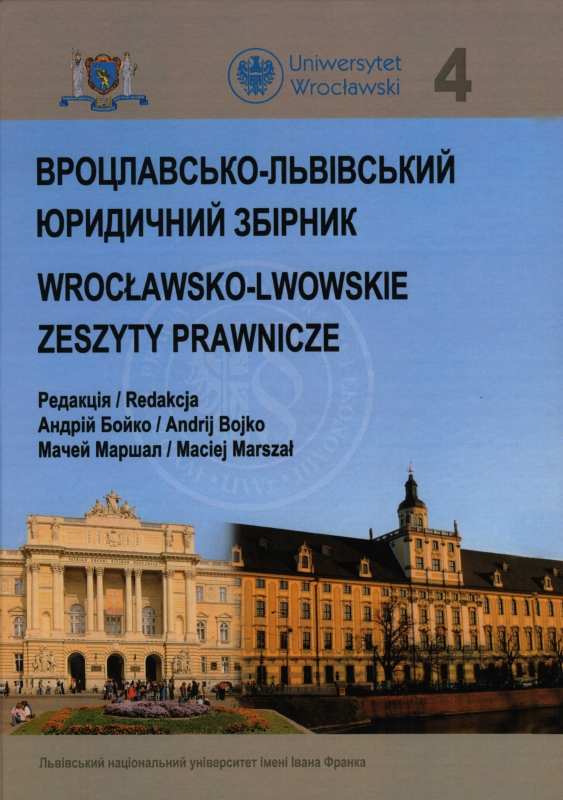

Artykuły

Expertise in terms of Polish procedure and criminalistics
Both Polish legal literature and the case law have for long used the term of expertise. The notion was generally used in courts and the bodies carrying out preliminary proceedings. Yet, it is worth noting that until the code of criminal procedure of 1969 came into force the notion was not statutorily defined. The legislator uses the term of expertise in the binding polish code of criminal procedure of 1997 in art. 194 1–3 and in art. 198 § 3. It should be added that the legislator uses other terms to denote actions in connection with legal proceedings interchangeably with expertise: opinion, examination, observation of the mentally ill, inspection, autopsy, experiment or reconstruction to describe the so-called experimental reconstructions of the scene of crime. The notions are not very precise as they are used to describe different procedural activities, especially the notions of expertise, examination and opinion and says that they are most frequently used in science and practice. At the same time he opposes treating them as synonymous. Expertise should be understand in two ways. In the first meaning, sensu largo – an expertise consists of the activities performed by the expert and by the criminal proceedings authority, which include: taking the decision to perform the expertise on the initiative of the parties in the proceedings or own initiative; issuing a decision to perform the expertise; general supervision over the expertise by the criminal proceedings authority, which should be manifested in defining the scope of examination, the need to extend it, the need to use the methods which may result in damaging the examined material as is often the case in technical examination of documents and the deadline of the expertise; supervising the course of the expertise; informing the parties on issuing a decision to perform the expertise and on who was commissioned to perform it; evaluation of the expertise. In the other meaning, an expertise sensu stricto denotes the very activities undertaken by the expert examination, report, conclusion. Examination comprises observation of examined objects, experiments and documentation. Both observation and documentation of observation may be performed with appropriate specialist equipment. Documentation of the observations does not require equipment. Sometimes, however, without the use of equipment, documentation is not possible, just like the very examination e.g. in technical analysis of documents. In practice the most frequently encountered form of documentation is the description by hand, typewriter or computer. A report is a description of the expertise without an opinion, including the description of the course of examination and performed observations as well as the remaining important details connected with the expertise. The report should include the following elements. The first is the introductory part which includes personal data of the experts and specialists specialisation, scientific title and function, indication as to whether the expertise was performed in a scientific centre or privately and who commissioned the expertise. The second part should include detailed presentation of the examined material with the division into the questioned and control material. The third part should describe the object and scope of the expertise by means of the questions quoted in the decision on admitting expert evidence, which the expertise is to answer. The fourth part should include the evaluation of the examined material in view of its suitability for the examination. The fifth part should describe the examination method used and the use of specialist equipment. The last part should include a detailed description of the course of examination, observations made and the evaluation of the observations, quoting, e.g. the visual documentation. Conclusion including the reasons should be formulated in a comprehensible and logical manner, avoiding the use of incomprehensible terminology. However, specialist terms and phrases can not be completely avoided and the criminal proceeding authority may summon and interview the expert to clarify the doubts. An expertise is both an activity in connection with legal proceedings and a forensic activity. An expert prepares conclusion, which becomes means of evidence in the proceedings aiming at clarification of the contentious issues.